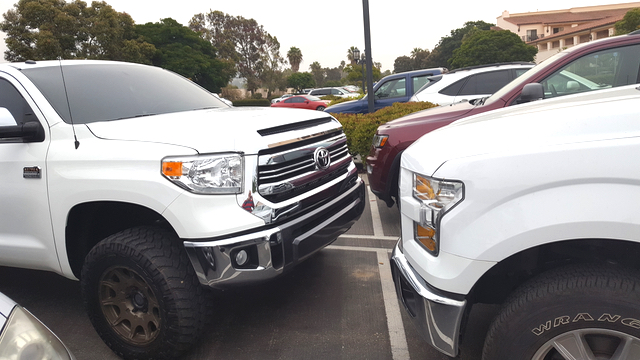
SB-1 Gas Tax Will Severely Hurt Ag
By Melissa Moe, Associate Editor
Governor Jerry Brown recently signed SB-1 into law. This bill will affect everyone in the state and increases several taxes and fees to raise the equivalent of roughly $52.4 billion over 10 years in new transportation revenues. We spoke with Anja Raudabaugh, CEO of the Western United Dairymen, about how this bill will affect California agriculture.
“A twenty-percent increase on fuel taxes is something that we can hardly, especially in dairy industry, afford. As you know, we cannot pass on our costs to our consumers, so adding another regulatory cost of production is incredibly hurtful and harmful,” Raudabaugh said.
SB-1 increases the excise tax on gasoline by 12 cents per gallon and the tax on diesel fuel by 20 cents per gallon starting November 1, 2017. SB-1 also creates a new annual transportation improvement fee (or TIF) starting January 1, 2018. This is based on the market value of your vehicle. This fee will range from $25 to $175.
SB-1 isn’t just targeting people who drive gas and diesel vehicles. Electric vehicles will also be targeted and will receive new fees. SB-1 also creates the road improvement fee of $100 per vehicle for zero emission vehicles starting in 2020 for model year 2020 and later.
“Everyone should be outraged over this. What’s more outrageous is that there are no guarantees that it will actually fix our roads. None whatsoever,” Raudabaugh said.
“There is actually a ballot measure that was called a lock box that was negotiated as a result of SB-1 so that several key Silicon Valley Assembly members could vote for the bill that says the public must award this transportation fund to go toward road repairs,” Raudabaugh said.
“It was sold to the Legislature as actually fixing roads and creating repairs where badly needed. To actually suggest that you would need a ballot measure to ensure that the funds do that, at least 20 percent of funds, seems really ironic,” she said.









